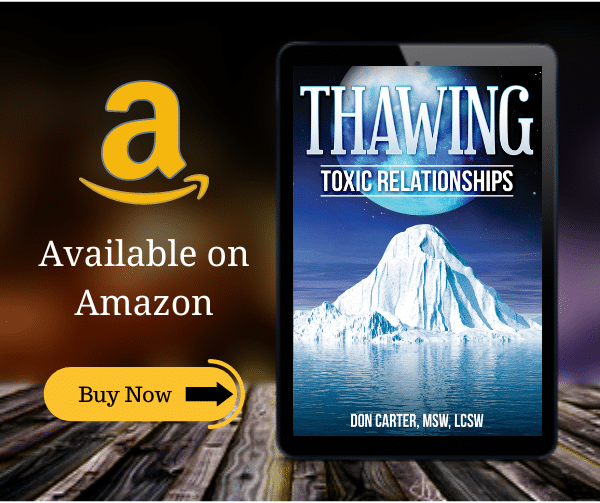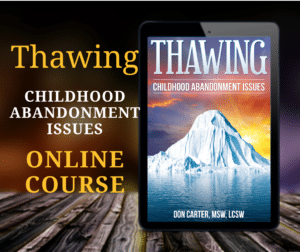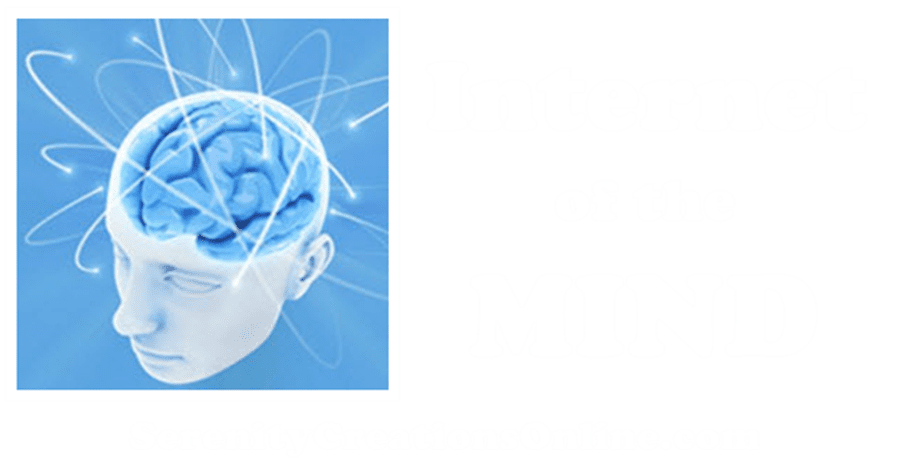
Grief Work and Adult/Child Recovery
Grief work and Adult/Child recovery often go hand-in-hand because growing up in a less-than-nurturing family system mean multiple losses – loss of relationships, loss of love, and loss of identity – in general, loss of “the way things were supposed to be”. If you relate to these issues and want to initiate a healing process, sign into this eCourse: Healing Grief from Abandonment Issues
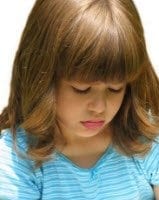
Dr. Kubler-Ross wrote this book as a study of how people handle death and dying. It was later found that the stages she outlined are typically seen in any loss-related experience. Abandonment issues and unmet dependency needs in childhood are serious loss-related issues.
Children in dysfunctional families not only suffer many losses – they also have no real emotional support in order to teach them how to grieve those losses. In fact, the teaching they do get is usually the opposite of what they need – i.e., “don’t talk and don’t feel” family rules, either spoken or unspoken. This teaches them to thwart the grief process by stuffing the emotions.
As the grief work begins to pile up it becomes like a log jam in a stream or river…they just keep piling up causing the emotional stream to stay constantly at flood stage. In other words, every time there is another loss, the person with complicated and unresolved grief is put in touch with all those unfinished grief episodes causing an extra strong reaction to the current loss.
Five stages of grief as outlined by Kubler-Ross:
- Denial – A “shock absorber for the soul”
- Anger/Guilt – Anger if turned outward, and guilt if turned inward.
- Bargaining – usually in the form of “if, then” statements
- Mourning – Grief related depression
- Acceptance – a return to somewhere near the pre-loss level of functioning.
Stage one, Denial, is normal and necessary as it allows the reality of the loss to “sink in” at a suitable pace for grief work- unless one gets stuck in denial as with addictions.
Stage two, Anger/Guilt, is a signal that the person is allowing the loss to sink in and progressing toward acceptance of the loss – and they don’t like it! So they get angry at whoever is available. When Adult-Child Syndrome is present this is where the Angry/Defiant Child ego-state can jump up and “drive the bus” for a while. Some people need a shoulder to cry on, but the Angry/Defiant Child needs an arm to punch.
Stage Three, Bargaining, is usually in the form of an “if, then” statement… “If we go to counseling then maybe we can save this marriage“…or, “If I go into treatment then maybe they’ll teach me to drink responsibly.” As we can see with these examples, sometimes bargaining is helpful, sometimes hurtful – but it is always creative because this is the grief work role of the Little Professor ego-state when Adult/Child issues are at play.
The Little Professor is the part of the Child ego-state that has always been in charge of figuring out how to minimize the pain of not getting needs met. This creativity can be a person’s best asset or worst liability – depending on how it is used.
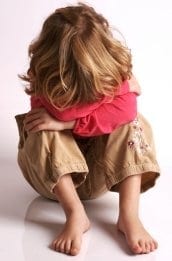
Stage Four is the territory of the Vulnerable/Needy Child ego-state. In a dysfunctional family, the first seven years of life are when the child is the most vulnerable and needy. It is also when they accumulate and carry most of the original pain of abandonment. It is the part of self that comes to the surface – bringing with it all the unfinished losses of the past – anytime a loss or even a threat of impending loss is present.
Stage Five, Acceptance. This is the end-stage of grief work. If you imagine there is an attachment – like a rope or a cable – between the love object and the person then you will have an idea of the purpose of grief work – Grief helps one break the bond, say goodbye, and let go — keeping the good memories and moving on with life.
If you have ever seen a rope or a cable break then you know it doesn’t break all at once – in a painful process, it slowly unravels until the core strands are present (Stage Four) and then it breaks leading to stage five — Acceptance of the loss.
Complicated or Unfinished Grief Work
Adult/Children rarely allow the grief process to get that to the Acceptance Stage. That’s why they have a “log-jam” of grief issues waiting to be dealt with early in the recovery process. And that’s why “it gets worse before it gets better.” – The Inner Children have a rough time dealing with all that unfinished grief!
The Angry Child frequently comes out first mad at the world, mad at the object of the loss, or turning the anger inward – mad at self (guilt). The Little Professor gets busy trying to find a way to hold on and not have to go through the process. When triggered, or allowed to surface, the Vulnerable Child brings all the original pain and fear into awareness — perhaps even a sense of panic. A person may bounce around from one stage to another in a chaotic fashion until they find a way to stuff the current loss in on top of the other losses – or release it in recovery.
A safe container is required for Adult/Child Recovery to proceed. This safe container is created by building the internal and external supports necessary to provide an adequate structure. External supports include sponsors, counselors, 12-step groups, coaching groups, etc. Internal supports include self-awareness, an internal “loving Parent”, a higher Power, an inner sanctuary or safe place, and new coping skills to use in place of old survival skills.


